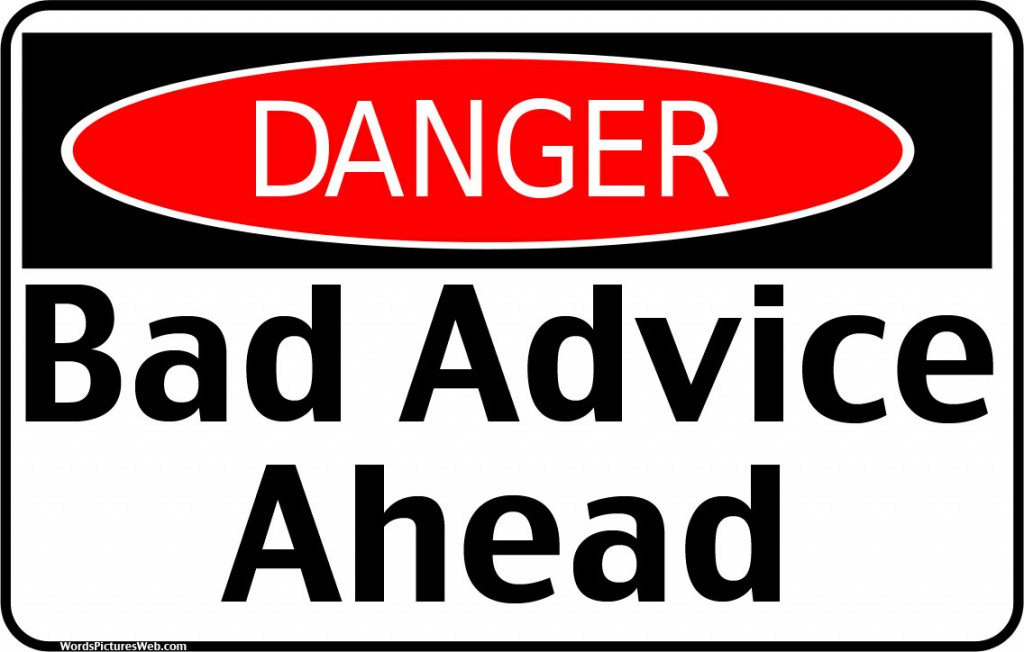Question: What’s the worst business advice somebody gave you when you were starting your business (and how did you prove them wrong)?
1. Don’t Do It
“Possibly the most heart-crushing, tear-jerking thing anyone has ever said to me was, “Don’t pursue your passion.” Not many people can make a living off their creative passions, but I proved them wrong by working hard and never letting other people’s opinions affect my life. Now, you can view my work in prominent places in the Washington, D.C. metro area — and on television. “
ANGELA PAN, Angela B Pan Photography
2. Give Customers What They Want
“While taking client feedback is critical, giving customers what they want — instead of what serves their lives and businesses — is a copout. I remember the Henry Ford quote: “If I had asked people what they wanted, they would have said faster horses.” Instead, I worked incredibly hard to educate my audience and persuade them. In real life, the customer is not always right.”
3. Never Turn Down a Paying Customer
“While the goal of every entrepreneur is to make as much money as humanly possible, saying “no” to some paying customers may actually get you there faster. You see, in today’s ever-connected world of technology, it becomes paramount that you sell products only to those customers who can obtain an advantage or benefit. Those who can’t will blame you and cause unnecessary headaches down the road.”
4. Don’t Get Involved – It’s Too Saturated
“One thing I’ve learned, as a serial entrepreneur, is that every industry is “saturated.” I was told not to pursue my passion for incentivized marketing, due to saturation and other challenges in the industry. Since our launch in 2009, we have redefined the incentivized marketing space and become a leader in the industry. How? Through innovation — a better solution or product always exists!”
5. Create a Business Plan
“The need for a business plan simply doesn’t exist, and I would argue that making one is a poor use of your most valuable resource: your time. Instead of writing a plan attempting to predict the future, spend your time building your business. I proved the naysayers wrong by doing just that, and I haven’t looked back since. “
6. Don’t Quit Your Day Job
“My company pairs magazines with CDs and DVDs to create packages for super fans. When my business partner and I told people we were creating a product to redefine the print and music industries, people laughed. One person said we would have more success launching a travel agency with the Titanic and Hindenburg! But by selling more than $10 million in product in two years, we got the last laugh.”
7. Stay in Stealth Mode
“Many entrepreneurs are told to hide their ideas from others so no one can steal the ideas from them. The businesses that I have kept in stealth mode have been the least successful. Entrepreneurs need to talk to people to build their ideas and create user bases. Get your idea out there, learn what customers want and build it for them. Copycats won’t matter if you build it well and correctly.”
8. Capital Is Needed to Start Up
“I would say the worst bit of advice that anyone can give is something that puts a spoke in the wheel. The advice that was belted out to me was, “How can you start up without capital? You’re married, you have responsibilities, you’ll burn your savings, etc.” I simply got the client first, and that’s how I started without capital. Now, clients fund my business and it’s growth!”
9. Don’t Be Too Niche
“We had a vision that would disrupt healthcare education but wanted to focus, build market share, prove the model in one vertical and then expand. But the advice we often got was that we were too niche and, while that is true, we were able to learn quickly from one focus area, gain credibility by dominating it and then replicate that for other markets to continue to grow quickly. “
10. Stick to Your Business Plan
“When you are first starting out, there is a 100 percent chance you’ll encounter obstacles and opportunities that no business plan could account for. The only way to deal with them is to be flexible. We’ve never had a business plan, and we’re better for it. We have goals in mind, but we don’t follow a rigid framework to achieve them.”
Image Credit: Shutterstock.com





